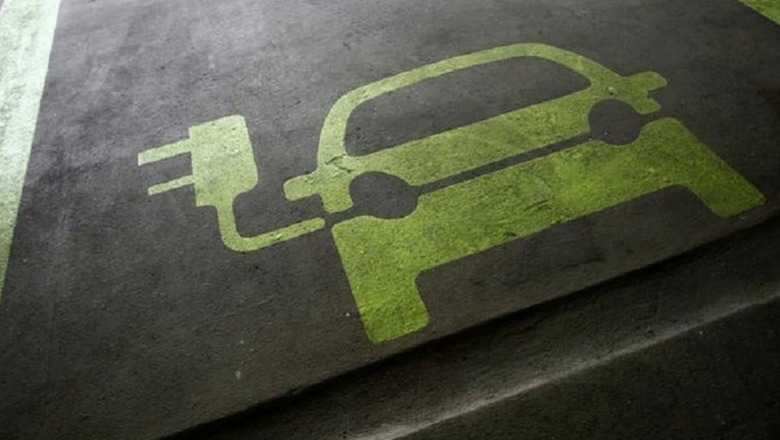
views
The winds of change are almost upon us, according to most experts in the automobile industry. For the past century or so, the human race has heavily relied upon fossil fuels to literally power our lives. It is so deeply ingrained in almost every facet of life, that it can be daunting to imagine a future without it. However, given the monumental damage caused to the earth’s environmental balance and the emissions produced by petrol or diesel-powered vehicles, it’s only natural to look for a more sustainable solution to this global issue. The most obvious one, of course, is the shift to electric battery-powered automobiles. Almost all major automobile brands believe this change to sacrosanct and have already begun their shifting process. So, how does it all work? More importantly, what do you need to know?
What are they and how do they work?
To put it simply, an electric vehicle is powered by either a lithium-ion battery pack or a nickel-metal hydride one. The former works pretty much the same way one’s mobile phone does, that’s because most major companies like Apple or Samsung, use this technology. At its most basic level, the battery unit consists of hundreds of individual cells packed together to make that one large piece of battery that goes inside the chassis. The unit used to measure the energy capacity of a battery unit is called kilowatt-hours (or kWh). Think of this as the capacity of a fuel tank in a run-of-the-mill internal combustion engine (ICE) car. So, the larger the battery capacity, the longer the range and the more power one can draw from the electric vehicle in question.
How long do they last?
Given the kind of longevity ICE cars provide, this is one part of the transition that might not be all that smooth just yet. However, one good piece of news is the fact that EVs have fewer moving parts than a petrol or diesel-powered engine. This should, ideally speaking, bring down repair costs and increase the lifecycle of an electric vehicle. However, this solely depends on the capacity of the battery pack. Tata Motors, for example, offers an eight-year or 1,60,000km warranty on the battery pack and motor on the recently launched Tigor EV. Honestly speaking, this isn’t a worrisome point since most experts feel that battery life on most EVs should be around the 10-year mark. But, there are still a lot of factors like weather, road conditions, and quality of the battery pack itself, that will alter the age of an electric car. However, as far as sheer range is concerned, the bigger the battery unit, the more power and range one can get from their EV.
Why do they cost so much?
For one, most battery packs are quite large. Secondly, the technology is still fairly new and is still in the process of being refined. There’s also one important factor to consider with an electric vehicle – although they do not produce any emissions while driving, the process of manufacturing a lithium-ion battery pack and the car itself still relies on industries functioning on fossil fuels. However, studies have shown that in the long run, it is better for the environment as a whole and it costs lesser too! For now, however, electric vehicles are quite a lot more expensive than their petrol-powered counterparts. For example, the Tata Tigor EV costs almost double when compared to the base version of the petrol-powered Tigor compact sedan. Don’t worry though, since this is likely to change as EVs become more and more popular in the world.
When can I have one?
This question can be slightly tricky. That’s because the right advice would be to wait until better EV infrastructure arrives in the country. This includes better R&D, more charging stations, intensive EV testing on Indian roads, and a whole lot more. But, the truth is that each and every buyer will have to consciously make the change and decide to go the EV way, sooner rather than later.
Also Watch:
Why? Simple. The more electric vehicles on the road, the better the infrastructure has to get with time. It will be interesting to see just how much of the Indian population believes in this electric revolution. Who knows? 2022 may just be the year that EVs put up a strong performance in the sales department.
Read all the Latest Auto News here




















Comments
0 comment